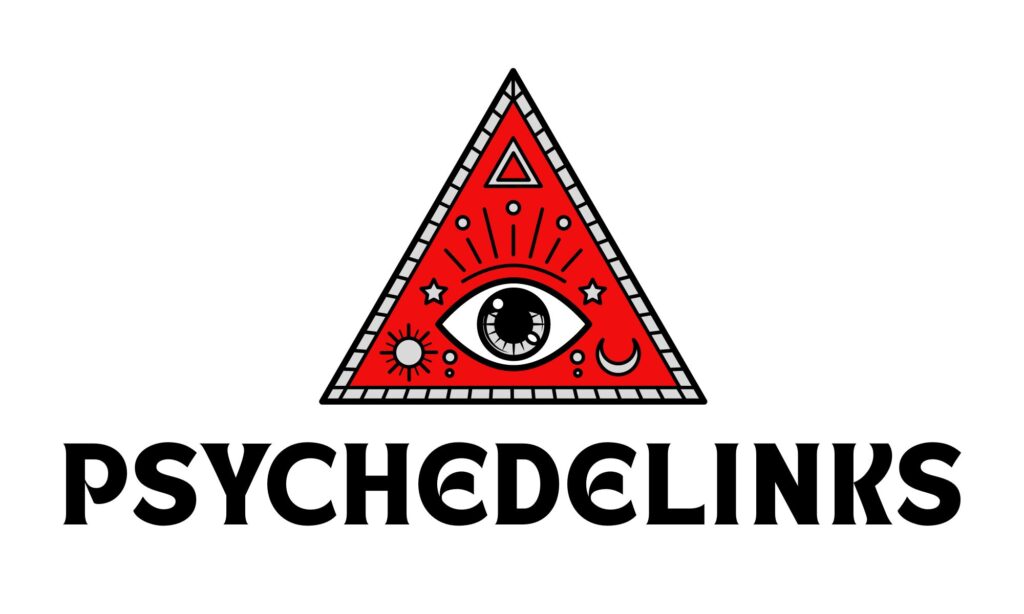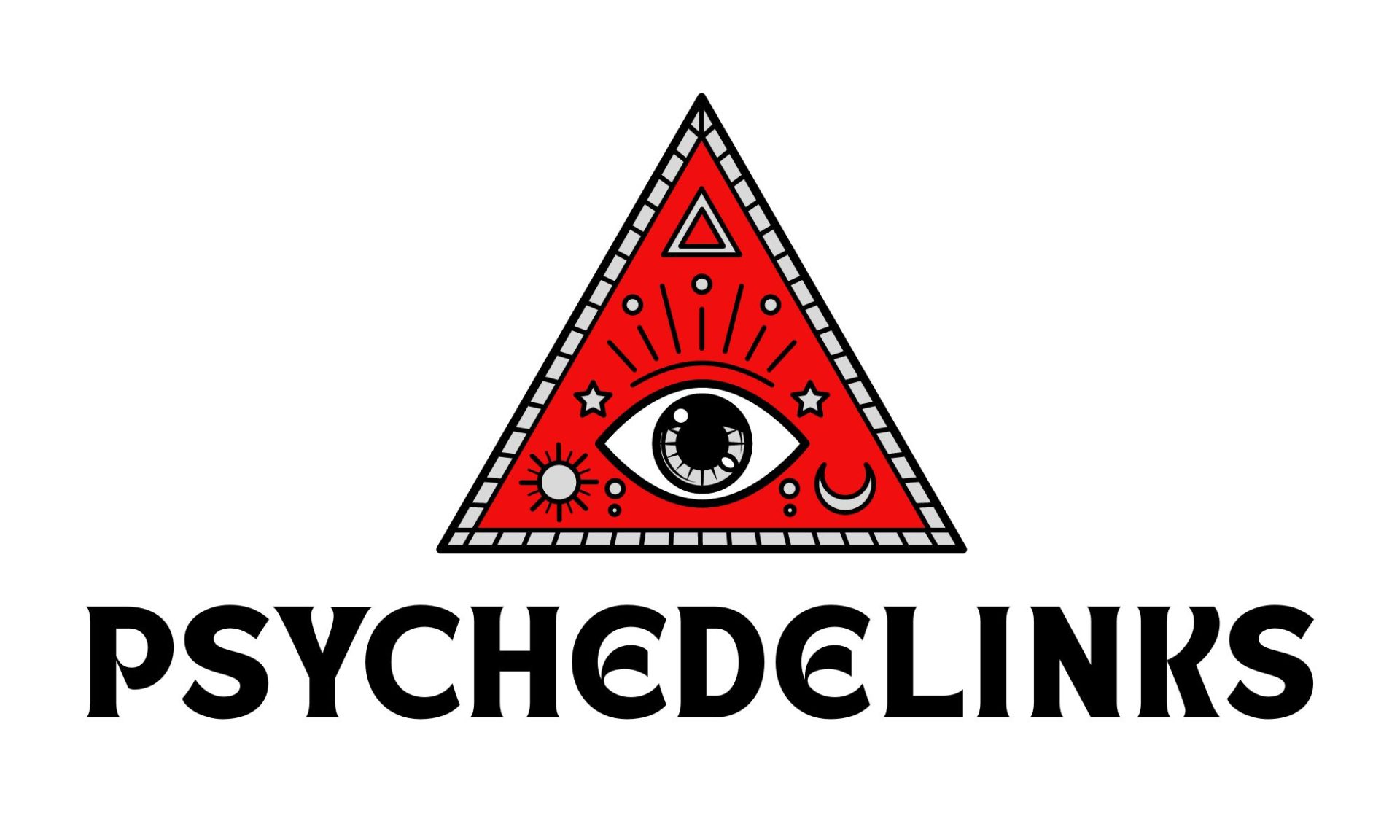PsychedeLinks is a curated selection of top news stories impacting business, research, and culture in the psychedelics ecosystem, crafted by Emerge Law Group’s groundbreaking Psychedelics Group.
Emerge’s Hot Take
First-Ever Professional Guidelines for Psychedelic-Assisted Therapy Practitioners Now Published by APPA and BrainFutures
Earlier this month, the American Psychedelic Practitioners Association (APPA), in collaboration with BrainFutures, released the first set of professional practice guidelines for psychedelic-assisted therapy. The 12-point guidelines, laid out in a 42-page manual available online, were drafted by a working group of experts within the psychedelics field. While drafted primarily in preparation for the possible FDA approval of MDMA-assisted therapy to treat PTSD and the anticipated rollout of subsequent psychedelic-assisted therapies after that, the guidelines are also intended to provide education and guidance to other psychedelic therapy practitioners, such as facilitators, who operate outside of the clinical trial model. Additionally, working group members are hopeful that the guidelines will provide researchers with new tools to design more effective, informative, and innovative studies of the potential role of psychedelics in mainstream therapeutic settings. The working group intends to modify and update the suggested guidelines as new findings emerge; the current guidelines will be replaced with an updated version 2-years after their initial publication. “There’s a lot of crossover between these guidelines and existing regulation of psilocybin sessions in Oregon. For example, obtaining written informed consent and addressing the potential applications of supportive touch prior to beginning an administration session,” notes Emerge attorney Kaci Hohmann. “It will be interesting to see which of these guidelines are adopted by Oregon licensed facilitators as these guidelines could ultimately inform the standards of care under the Oregon Psilocybin Services Act.”
Other Noteworthy News
Vital Reset Psilocybin Service Center Opens in Hood River
“One of Oregon’s first psilocybin service centers, Vital Reset, officially welcomed their first client on July 31 and will continue accepting applicants to utilize the psychedelic magic mushrooms as a tool to heal or just explore themselves. [For] Vital Reset and others, the aim is to treat post-traumatic stress disorder (PTSD), depression, end-of-life anxiety, and other mental health conditions. The newly renovated space includes a brand-new bathroom, office and three treatment rooms, each with different themes. The space is available or group sessions as well, which gives a cheaper option to people interested. [For] the first six months of operation, it will cost around $3,500 for the full service. That price point includes the room rental, facilitator and mushrooms. [Each] client will have a meeting with a facilitator to discuss what they hope to get out of the experience. This preparation meeting last anywhere from an hour to 90 minutes. After that and when a date and time is set the client and facilitator will reconvene and the experience will unfold with the guidance of the facilitator. Most sessions will take between four and six hours.”
Top Federal Health Officials Say Psychedelics’ Schedule I Status Creates ‘Hurdles’ To Studying Them
“Top federal health officials say that psychedelics have ‘promising’ therapeutic potential—but research into them has been stymied by ongoing federal prohibition. They also argue that as the Food and Drug Administration (FDA) considers approving substances like psilocybin, it’s important to look at issues such as accessibility, affordability, health care reimbursements and ethics. In an opinion piece published in the Journal of the American Medical Association (JAMA) Psychiatry on August 2, National Institute on Drug Abuse (NIDA) Director Nora Volkow and National Institute of Mental Health (NIMH) Director Joshua Gordon discussed how interest in psychedelic medicines has risen rapidly as early studies have revealed evidence that they may effectively treat serious mental health condition. [As] with marijuana, the officials said, researchers face ‘unique challenges’ to conducting research on psychedelics due to the ‘administrative hurdles’ presented by their Schedule I status under the Controlled Substances Act (CSA). ‘It is crucial that psychedelic-assisted treatments, if they become available, are available to everyone. That means they should be affordable,’ they said. ‘And given how time intensive the therapy may be, there should be accommodations for people with work, family, or transportation challenges.’ The officials also outlined several research questions for trials going forward. One thing that they say is ‘important’ to learn is whether the subjective experience of the psychedelic trip is ‘intrinsic to or separable’ from the therapeutic effects. The opinion piece also touches on the concept of ‘set and setting’ and the role of facilitators in psychedelic assisted-therapy.”
Breaking Down the Psychedelics Decriminalized in Colorado
“Approved by Colorado voters last November, Proposition 122, or the Natural Medicine Health Act, defines certain plants and fungi as natural medicine while also decriminalizing their cultivation and possession. Although the new laws don't allow for dispensaries or the kind of retail sales made possible for cannabis by the passage of Amendment 64 back in 2012, Colorado will see medical psilocybin clinics open later this year or in 2024, and more substances could be joining the legal landscape. The five substances decriminalized by Prop 122 share a few things in common: They’re psychedelic, entheogenic and have been used around the world to facilitate psychological introspection and spiritual exploration. [This article provides] a quick rundown of the basic distinctions between each natural medicine now decriminalized in Colorado.”
Psychedelic Therapy As Employee Health Benefit is Becoming Possible and the First Results Are In
"Enthea, a startup third-party administrator of health insurance plans offering psychedelic healthcare as a workplace benefit, told Fast Company that about 50 firms have shown interest in adding this option to their employees' health plans. Such is the case of Dr. Bronner's. In 2022, Enthea partnered with [the] natural soap brand, making the company the first employer to add ketamine-assisted psychotherapy (KAT) to its existing health insurance plans. The health benefits included ketamine sessions and counseling services focused on treating mental health conditions. Enthea also plans on adding MDMA-assisted therapy and psilocybin-assisted therapy once they become approved by the FDA. [The company] reports that employers who offer psychedelic-assisted therapy as part of health coverage can expect a positive impact on productivity from employees, a reduction in medical expenses, increased employee retention and reduced turnover. Additionally, companies may benefit by becoming a more attractive workplace for younger workers, who often seek employers with more generous and innovative benefit offerings.”
LISTEN - Oregon’s Magic Mushrooms: Our State’s New Psilocybin Industry
KLCC Oregon on the Record - A conversation about Oregon’s psilocybin industry.
Subscribe
Subscribe to PsychedeLinks to receive essential biweekly articles on news, business, and culture in the psychedelics industry, delivered straight to your inbox.



